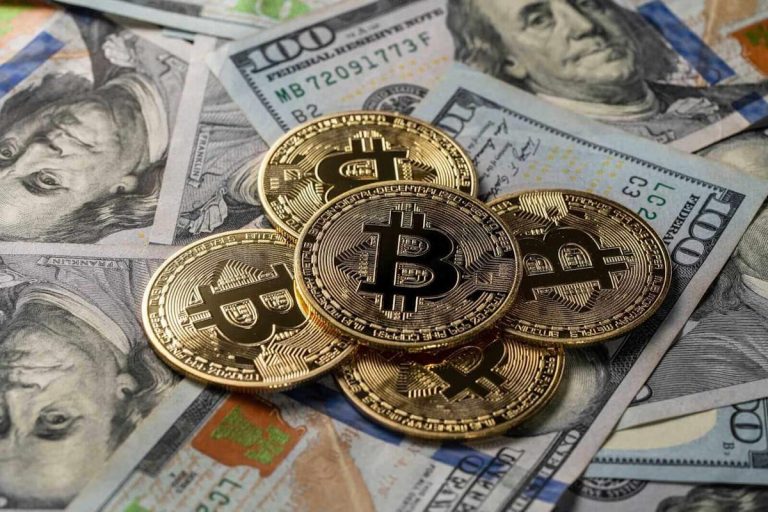A sharp LinkedIn post by entrepreneur Sanket S, founder of Scandolous Foods, has struck a nerve across India’s startup ecosystem, triggering a wave of responses from fellow founders and professionals frustrated by what many describe as a broken talent pipeline.
“I hired 3 people from one of India’s best tech colleges and honestly… it scared me,” Sanket wrote. “These kids paid ₹40–50L for degrees from India’s top private MBA, food, and hospitality colleges. But they walked out knowing… nothing that actually matters.”
In the now-viral post, Sanket details his experience of hiring graduates from elite institutes, only to find them underprepared for real-world work, unable to grasp basic concepts in fermentation, financials, or industrial processes.
“MBA grad didn’t understand P&L or cash flow. Hotel management kid had never seen a food processing line,” he noted, adding that their only polished skill seemed to be making PowerPoint presentations—“that too stuff Gemini or ChatGPT can do in seconds now.”
The post has sparked a broader conversation about the state of India’s higher education, especially in the context of fast-evolving sectors like food tech, biotech, and climate tech.
“What are we training kids for?? Because it’s clearly not for work. It’s to memorise outdated textbooks and polish case studies from 2012,” Sanket said, questioning how India plans to become globally competitive if its workforce isn’t job-ready.
Frustrated founders echoed his concern in the comments. “Degrees are getting shinier, but skills are getting emptier. It’s frustrating when you’re building the future but stuck teaching basics from scratch,” one user responded.
Another called for a structural shift: “A proper STEAM education strategy is needed to solve this problem bottom-up. Otherwise, we will lose the innovation competition at the global level.”
One founder highlighted the risk entrepreneurs face: “Need to train them from scratch and no guarantee they’ll stay. Huge gap in the education system that needs urgent attention.”
Sanket’s post ends with a blunt warning, “At this rate, we’re not just 10 years behind, we’re raising a generation that doesn’t even know what the world looks like today.”







